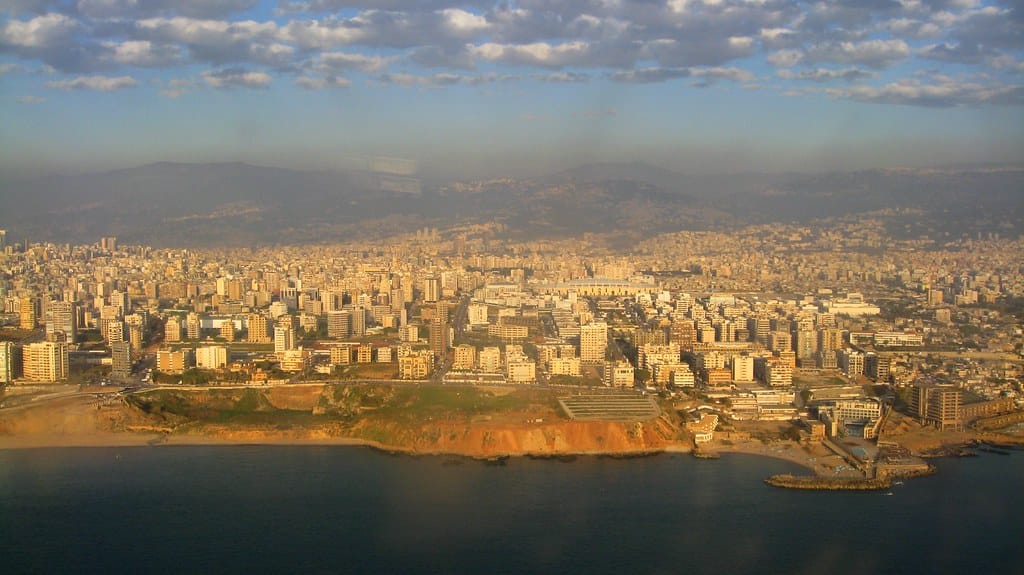Anguish in Lebanon - How a Country Runs Out of Money

By Clayton Barrington-Russell
It is no secret that Lebanon is suffering. From Baalbek to Beirut, record-high hyperinflation means only the richest can afford basic necessities as the country’s economic crisis worsens by the day. Water is scarce, fuel has all but run out and it is estimated that four in five people are living in poverty.
In recent days, the influential Shia organisation Hezbollah has brought much-needed fuel supplies from Iran. The sheer desperation of the situation has led to many Lebanese accepting what help is given from anywhere. Despite this, Hezbollah’s political opposition have expressed concern at the potential repercussions for receiving Iranian help. This includes the former Prime Minister Saad Hariri who had been unable to form a government for the past year.
How did Lebanon get into this dire economic situation?
The current economic crisis suffocating the country has been building up for the past decade or so. Traditionally, Lebanon’s income is built around two things – banking and tourism. As a result, the country has to import almost all consumer goods, from fuel, to water, to food. This makes the entire nation heavily reliant on the strength of its currency.
As Lebanon runs out of money entirely, the entire population is paying the price.
Since the Civil War that devastated the country throughout the 1970s, 80s and 90s, Lebanon heavily relied on foreign investment, primarily from the oil-rich Gulf states. However, following the Arab Spring in 2011, instability in Syria and the rising influence of Hezbollah has led to this monetary support dwindling. Additionally, Lebanon relies on income through remittances from its diaspora. This support has fallen considerably in recent years.
“…the government now is unable to pay for the country’s imports, such as food, fuel and water.”
Coupled with rampant corruption and the financial mismanagement of Lebanon’s limited money supply, the government now is unable to pay for the country’s imports, such as food, fuel and water.
What was the impact of last year’s port blast?
It has been over a year since a warehouse storing ammonium nitrate exploded in the Port of Beirut, but the devastating effects have been felt ever since. According to the World Bank, the physical damage is estimated to be between $3.8 to $4.7 billion, as well as 218 tragically avoidable deaths. The port is still yet to be rebuilt, symbolic of Lebanon’s government standstill.
The devastation isn’t purely economical. It is estimated that around 300,000 people were made homeless almost immediately, crushing morale and wrecking the already-desperate economic situation. Putting this disaster into context with the economic crisis, it is no wonder why public faith in the government is at an all-time low and many across Lebanon are blaming governmental failures for the port blast itself.
What next?
The unfortunate reality for Lebanon is that no-one knows when this ongoing catastrophe will end. Despite already having one of the largest diaspora communities in the world, many are continuing to flee the country’s economic woes by emigrating elsewhere.
Leaders of surrounding countries have devised a plan to relieve the country’s many shortages, involving importing electricity from Jordan and gas from Egypt. However, this is not popular with Hezbollah amongst others as Jordan actually relies on Israel for its electricity. This makes the move unacceptable.
Nevertheless, in spite of the extreme hardship a select few have managed to keep their businesses open and profitable by using the US dollar as their main means of currency. For everyone else, the situation remains as uncertain and futile as ever.
Photo Caption: Beirut from the air (Credit: Re.zan via Flickr).



